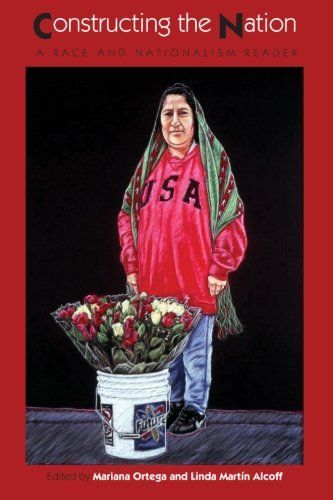
Constructing the Nation A Race and Nationalism Reader
Philosophers and social theorists of color examine how racism can creep into defensive forms of nationalism. What does it mean today to be an American when one does not represent or embody the norm of Americanness because of ones race, ethnicity, culture of origin, religion, or some combination of these? What is the norm of Americanness today, how has it changed, and how pluralistic is it in reality? from the Introduction In this volume philosophers and social theorists of color take up these questions, offering nuanced critiques of race and nationalism in the post-9/11 United States focused around the themes of freedom, unity, and homeland. In particular, the contributors examine how normative concepts of American identity and unity come to be defined and defended along increasingly racialized lines in the face of national trauma, and how nonnormative Americans experience the mistrust that their identities and backgrounds engender in this way. The volume takes an important step in recognizing and challenging the unreflective notions of nationalism that emerge in times of crisis. The idealized and abstract nation-state may be a familiar topic for political investigation, but the actual white nation and its racial state are territory far less explored. This stimulating set of essaysranging from a reading of post-9/11 childrens literature to an analysis of the racialized aesthetic of white nationalismprovides a valuable and eye-opening introduction to the racial construction of the American polity. Charles W. Mills, author of The Racial Contract A smart and unique set of theoretical reflections on the constitutive role of race and ethnicity in the post-9/11 U.S. American political imaginary, this book should find its place on the bookshelves of everyone interested in questions of citizenship and belonging in a multiracial U.S. polity. Chandra Talpade Mohanty, author ofFeminism without Borders: Decolonizing Theory, Practicing Solidarity